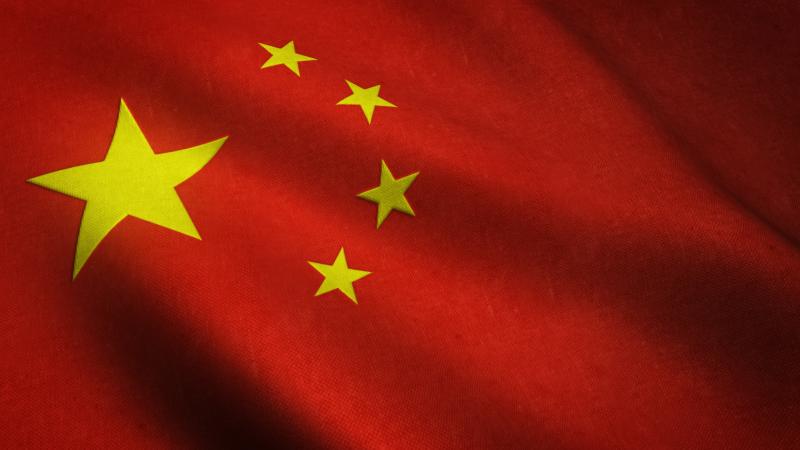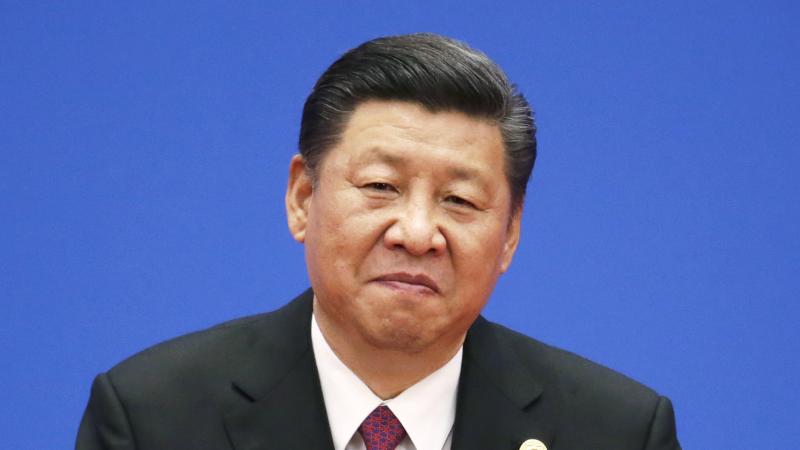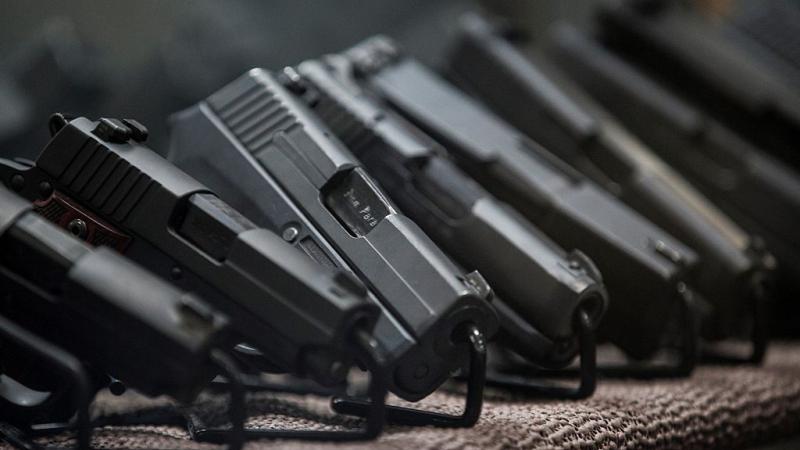Beijing: U.S.-Taiwan missile deal 'seriously jeopardizes China's national sovereignty and security'
The denunciation comes amid increased tensions over the South China Sea.
As Washington toughens its stance against Beijing regarding the South China Sea, China's military on Wednesday decried an American deal to bolster Taiwanese air defense.
The deal is a proposed $620 million plan approved last week by the State Department, allowing Taiwan to refurbish its arsenal of Patriot Advanced Capability-3 missiles. Designed to thwart enemy missiles and aircraft, the systems are a powerful bulwark against attack — and, to Beijing, a threat worth denouncing.
"This move by the U.S. side seriously jeopardizes China's national sovereignty and security," said Senior Colonel Wu Qian, spokesperson for China's Ministry of National Defense, in an announcement issued July 15. The deal is an affront to Beijing's claims on Taiwan, and "grossly interferes in China's internal affairs and seriously impairs China's national sovereignty and security," Wu said.
His remarks echo comments on Tuesday from foreign ministry spokesman Zhao Lijian, who announced that in retaliation for the missile deal, China will impose sanctions against the Patriot system's primary contractor, Lockheed Martin.
The statements and sanctions come amid increased tension between the United States and China, as Beijing attempts to assert control over the South China Sea.
Located within the Pacific Ocean, the sea hosts vast fishing grounds and offers transit for international trade. Portions of the waterway are claimed by a number of countries, including Indonesia, Malaysia, the Philippines, and Vietnam.
Under the auspices of what it terms the "nine-dash line," China claims the waters and resources of nearly the entire South China Sea.
On Monday, the United States firmly refuted those claims.
"We are making clear: Beijing's claims to offshore resources across most of the South China Sea are completely unlawful, as is its campaign of bullying to control them," Secretary of State Michael Pompeo said in a July 13 press briefing.
Denouncing the People's Republic of China as "predatory," Pompeo rejected specific territorial claims, including the contested Spratly Islands and Scarborough Reef.
"The PRC has no legal grounds to unilaterally impose its will on the region," Pompeo said. "The world will not allow Beijing to treat the South China Sea as its maritime empire."
The South China Sea is a potential flashpoint, one Beijing-backed analyst warned. But, he added, war can be averted.
"If there is a maritime clash with [rival claimants] Vietnam, Malaysia or the Philippines, the U.S. will have an excuse to step in, and that could trigger a direct military conflict between China and the US," Chen Xiangmiao told the South China Morning Post.
If the rival claimants don't align themselves with either of the two great powers, "I think the risk of conflict can remain under control," said Chen, a researcher with the Chinese Foreign Ministry-affiliated National Institute for South China Sea Studies on Hainan Island.
China's spokesman from the Ministry of National Defense maintained focus on Taiwan when referencing potential conflict.
"China strongly urged the U.S. to immediately stop arms sales to Taiwan to avoid further damage to the peace and stability across the Taiwan Straits and the relations between the two countries and their militaries," read the Wednesday statement.
"The Chinese People's Liberation Army (PLA) will take all necessary measures to firmly safeguard China's sovereignty and territorial integrity, and maintain peace and stability across the Taiwan Straits," Wu said.
















